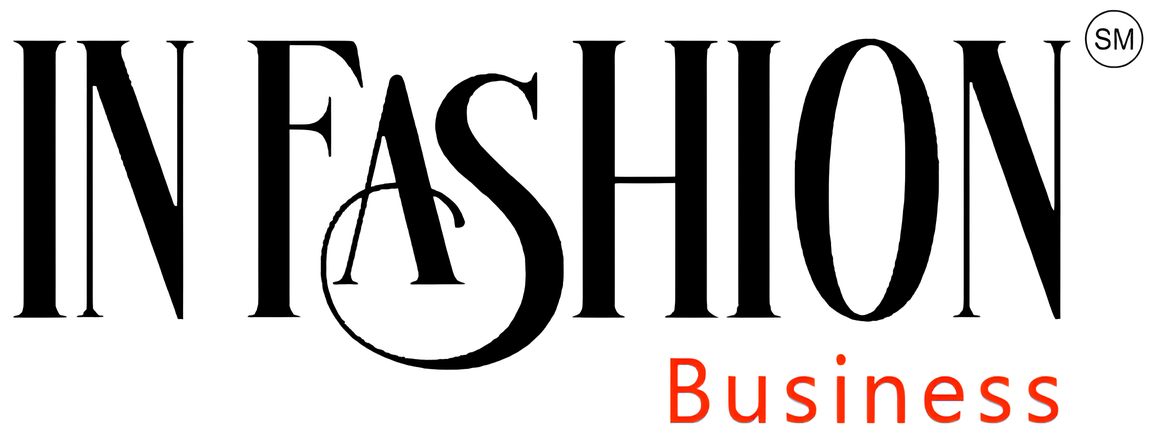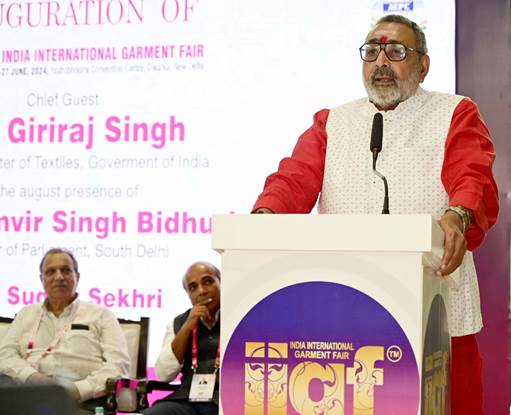PLI SCHEME NATIONAL
NEW DELHI, INDIA
By IFAB MEDIA - NEWS BUREAU - June 26, 2024 | 175 4 minutes read
Textiles Minister Giriraj Singh on Tuesday said the government has approved a production-linked incentive (PLI) scheme of over ₹10,000 crore for textiles and is now considering extending it to the garment sector with a view to boost national manufacturing and exports.
Speaking at the India International Garment Fair (IIGF), Singh said there are huge opportunities to increase exports and the industry should target shipments worth $50 billion in the next few years.
In 2021, the government approved PLI scheme for textiles with an approved outlay of ₹10,683 crore over a period of five years to promote production of MMF (synthetic fibre) garments, fabrics and technical textile products in the country for enable the textiles industry to achieve size and scale and become competitive.
"We are considering covering its (garment) sector as well (under the scheme)," Singh said.
He added that the market size of the Indian textile industry is about $165 billion and "we have to take it to $350 billion."
He said the ministry is drawing up a roadmap to stay ahead of China in the sector.
The minister suggested that the industry follow the "hub and spoke" model to boost domestic manufacturing.
"I appeal to big players in the industry to interact with small players in India," he said, adding that the ministry will hold meetings with big players to understand their problems.
Bangladesh and China are the biggest competitors of the Indian industry in the sector.
He also called for exploring opportunities to increase exports through the medium of e-commerce.
Last year, cross-border e-commerce amounted to about $800 billion and is estimated to reach $2 trillion by 2030.
Furthermore, the minister suggested that the industry establish its own brands instead of becoming suppliers to global brands, in addition to focusing on eco-friendly textiles and recycling.
The ministry is also studying the revival of the Integrated Textile Parks Plan (SITP).
The plan aims to create new parks of international standards. Under the plan, 54 textile parks were sanctioned.
Speaking at the fair, Apparel Export Promotion Council (AEPC) President Sudhir Sekhri said global headwinds negatively affected India's garment exports, despite that India's garment export industry was able to hold firm and contain the damage to a large extent.
AEPC General Secretary Mithileshwar Thakur said the global economy is expected to register healthy growth and global inflation is also expected to decline steadily, indicating greater scope for garment exporters in the India will expand its footprint in developed countries in the coming years.
"The Indian textile industry must seize this opportunity and start dreaming big," Thakur added.
Meenakshi, owner of Gurgaon-based textile company Cocoon Kapas, said there are huge export opportunities for Indian textiles in the global market.
"We are working on natural fibers and there is good demand for our product in countries like the United States and Japan," he said, adding that his company is receiving "good orders from developed countries."









